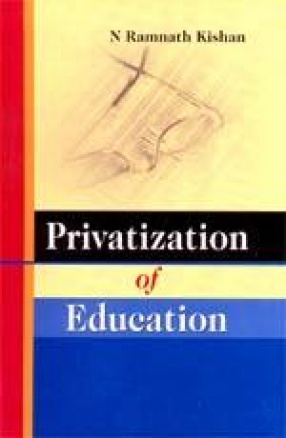Education is the most vital input for the growth and prosperity of a nation. It has the power to transform human beings into human resources. Apart from school education, higher is the main instrument for development and transformation. Higher Education has profoundly changed in the past two decades and those involved in the academic enterprise have yet to grapple with the implications of these changes. Academic institutions and systems have faced pressures of increasing number of students and demographic changes, demands for accountability, reconsideration of the social and economic role of higher education and the impact of new technologies, etc. While academic systems function in a national environment, the challenges play themselves out on a global scale. Private initiative in higher education is not a new phenomena. It has become a global phenomenon. Historical reflections globally can be seen in various countries like Korea, Japan, U.S.A, U.S.A, etc., their initiatives in privatization exemplary from the past till today. India has no limitations to these initiatives of privazation at present. The trend of privatization has also captured the realm of professional courses like Medicine, Engineering, Pharmacy and education, etc., in the past. It seems that now privatization of higher education is something that cannot be ignored. It has to come to stay in the system. The question that now arises is as to what extent and in what from and with what safeguards privatization has to be accepted so that it contributes to the development of higher education without making any compromises on the aspects of quality of education, equity and social solidarity. In order to answer these and similar questions and to ensure that proper safeguards are built the exploitative and harmful aspects of privatization of higher education, we would need to delve deeper into its process and forms and analyze their implications for the people and society as a whole. Everyone was skeptical of the claims of privatization with regard to relevance, efficiency and effectiveness of higher education and was concerned about access, equity and quality issues which they felt, would get neglected with complete privatization. Therefore, the private participation in higher education with proper control and monitoring by the public agencies can be permitted so that higher education develops on sound, sustainable and equitable grounds and is made accessible to the largest number of people representing all sections of the society.
Value Education: Issues and Challenges
$37.80
$42.00







There are no reviews yet.